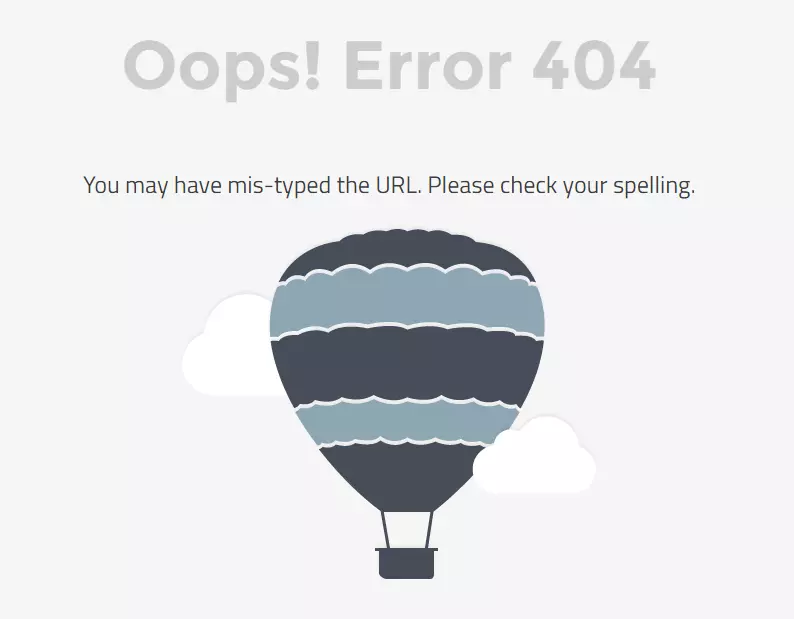
1 min
OpenThe Drum Awards for Search
4 mins
Over a long period of time it’s likely that you will occasionally lose some of the backlinks you’ve obtained. Here we explain why this can happen and explore different ways of recovering lost links.
19th August 2016

If high value backlinks with low spam scores get deleted, the website to which they led may lose some of their authority in Google’s search engine results.
The dynamic nature of the internet means that websites are frequently changed or deleted in keeping with online trends. The Washington Post once estimated the average lifespan of a webpage to be just 100 days. For SEO purposes, this means there’s no guarantee that once you secure a backlink it will remain in place.
When a page ceases to exist, so do all of the links contained within that page. If high value backlinks with low spam scores get deleted, the website to which they led may lose some of their authority in Google’s search engine results.
This can be disheartening for businesses serious about their online presence—links are a major indicator of a website’s reputation, authority and equity. However, over a long period of time it’s likely that you will occasionally lose some of the links you’ve obtained. There are a number of reasons why links get removed. This blog post aims to explain the different ways in which links can be lost and how to recover them where possible:
If you use an organic link building strategy that adheres to Google’s webmaster guidelines, your site’s backlink portfolio should stand the test of time. With genuine outreach to bloggers and webmasters with quality content, there should be no reason to remove backlinks to your site.
Some sites have been known to remove backlinks entirely in fear of incurring a penalty from Google’s Penguin algorithm.
However, even with the most legitimate content, webmasters may still choose to edit copy on their site, removing links to your site in the process. Some sites have been known to remove backlinks entirely in fear of incurring a penalty from Google’s Penguin algorithm.
If a webmaster does remove a link to your website, it’s worth contacting them to ask why. If you’ve built up a friendly relationship with them, go for the direct route and call them up. If you’re less familiar with the webmaster, try contacting them via email.
A brief conversation, neutral and to-the-point, can resolve many of the random link removals you’ll encounter during a link building campaign. Sometimes you’ll be fighting a lost cause, but a friendly approach may result in the webmaster obliging to your link restoration request.
The HTTP 404 Not Found error appears when a webpage has been removed from a website or a URL was not redirected accordingly. Sometimes these are intentional deletions, for instance the webmaster may have decided the page is no longer relevant or outdated. When a page suddenly returns a 404 error, you lose the value of any links pointing from that page.
However, some 404 errors are often unknown to the webmaster. This can occur when changes to a website’s URL structure have not been completely properly. To be sure, try notifying the webmaster that the page no longer exists. After all, the key to maintaining a relationship with the webmaster is by helping them to enhance their site’s user experience.
Maintaining a relationship with the webmaster is by helping them to enhance their site’s user experience.
 404 errors appear when a webpage has been removed from a website or a URL was not redirected correctly.
404 errors appear when a webpage has been removed from a website or a URL was not redirected correctly.
Competitor poaching is a less common link building tactic, but one that is increasing in popularity. This occurs when a competitor “poaches” your organic backlink by offering the webmaster more relevant or up-to-date information. For instance, you may have produced an authoritative guide to a subject in 2012, but a competitor may have an updated version from 2016.
Losing a link to competitor poaching is a double whammy—not only do you lose the SEO value of having the backlink, but a competitor gains extra priority in Google’s search engine results. Webmasters will always look to update their content to stay relevant. Google favours regularly updated content and this is one way of ensuring the page stays fresh.
Websites can also pass into the hands of spammers eagerly awaiting the expiration of a domain. They are able to snap up an expired domain, taking advantage of previously built links.
The key to avoiding competitor poaching is ensuring you keep your own content up-to-date. That way you’ll be in a stronger position to convince the webmaster that your linked content is superior to anything else.
Websites occasionally change ownership. Sometimes this simply involves one webmaster being replaced by another. However, this does not mean your links are safe. The new webmaster may have a completely different view on the website’s direction and could decide to cull their outbound links for one reason or another.
On other occasions, the entire website may be redirected to another domain, leaving your links behind. This is often an attempt to send link juice to another domain is commonly employed as a black hat SEO tactic. Websites can also pass into the hands of spammers eagerly awaiting the expiration of a domain. They are able to snap up an expired domain, taking advantage of previously built links.
Often you simply have to cut your losses and move on. This is why an ongoing link building campaign is essential. Look on the bright side: Losing links (particularly low quality ones) is also a good opportunity for a backlink spring clean!